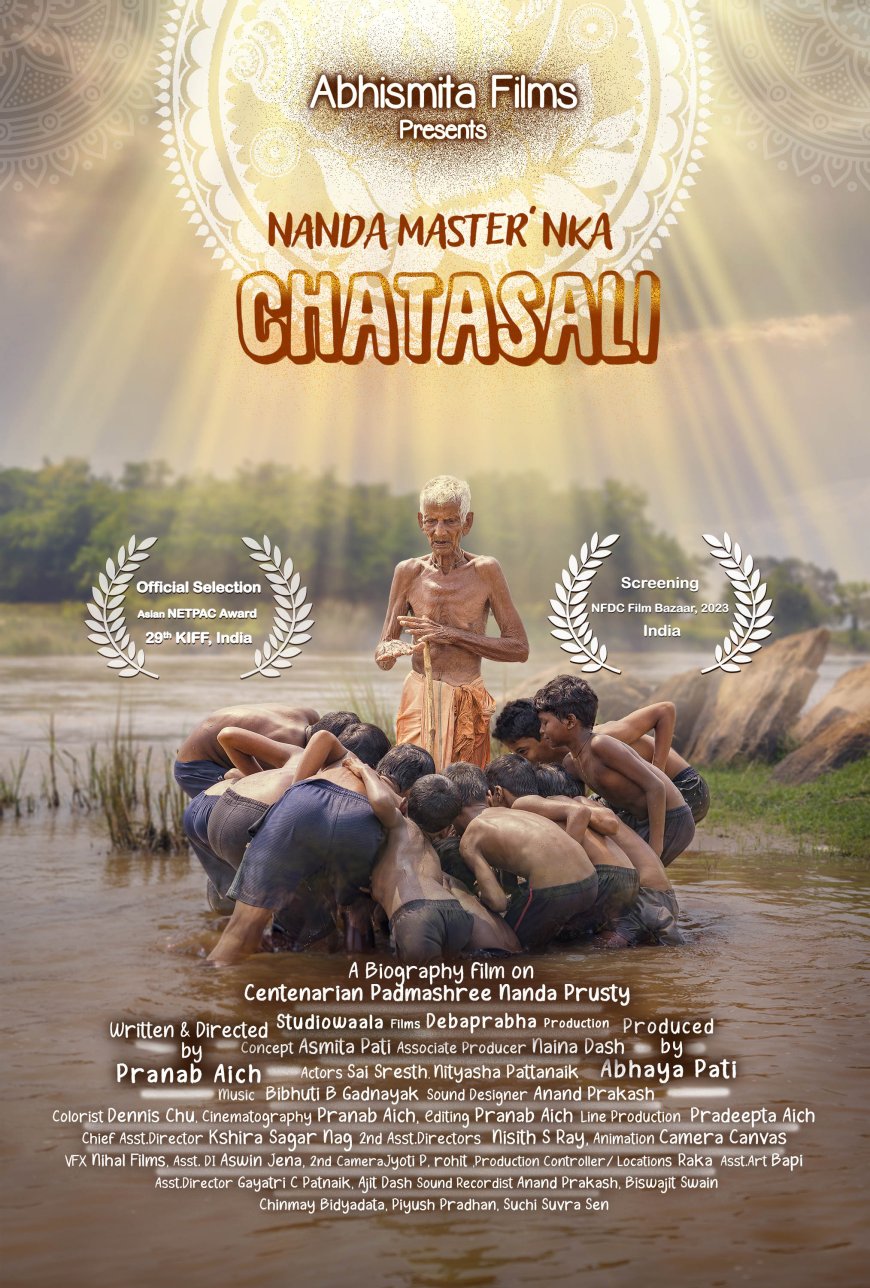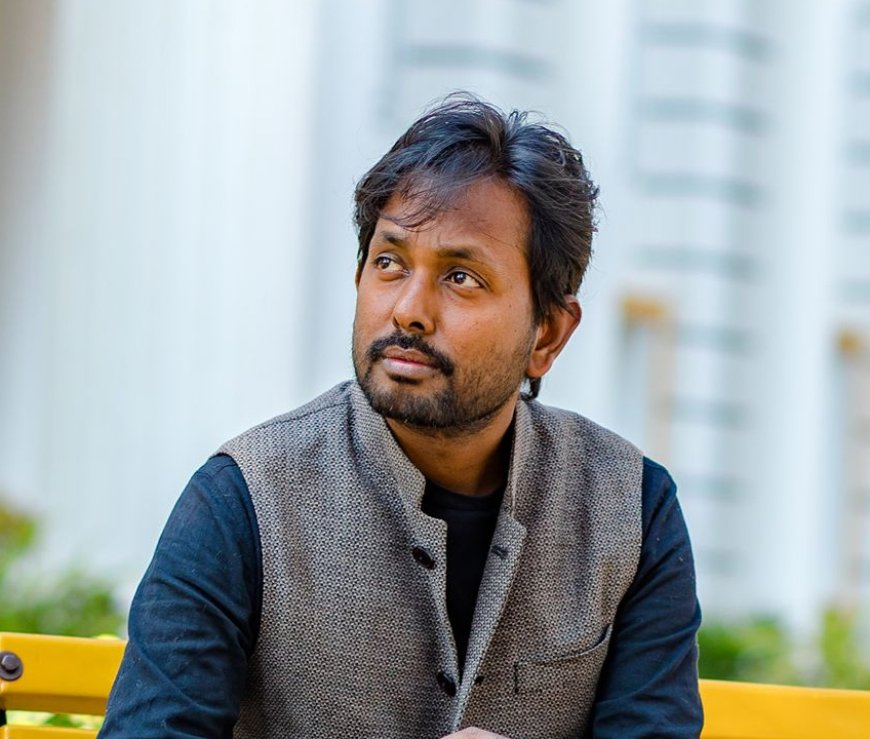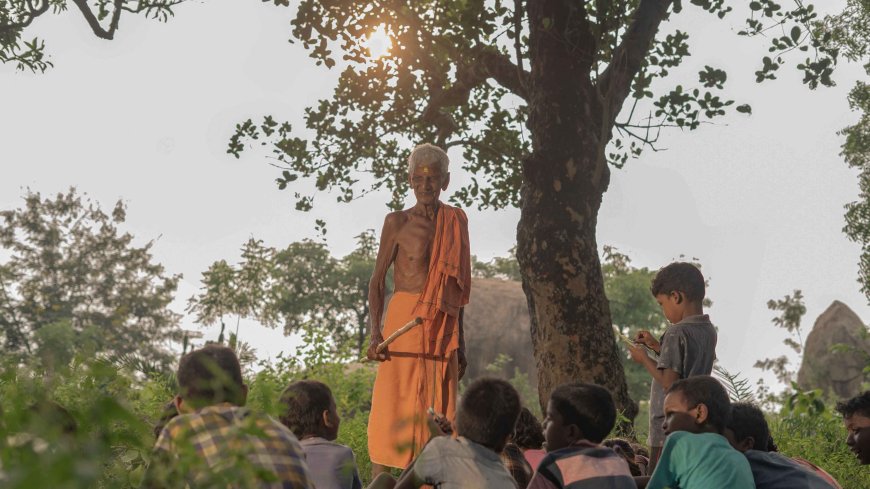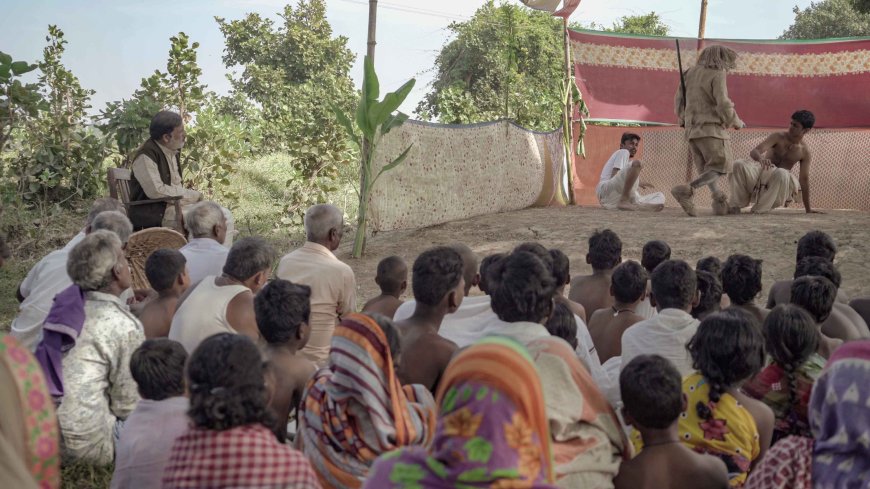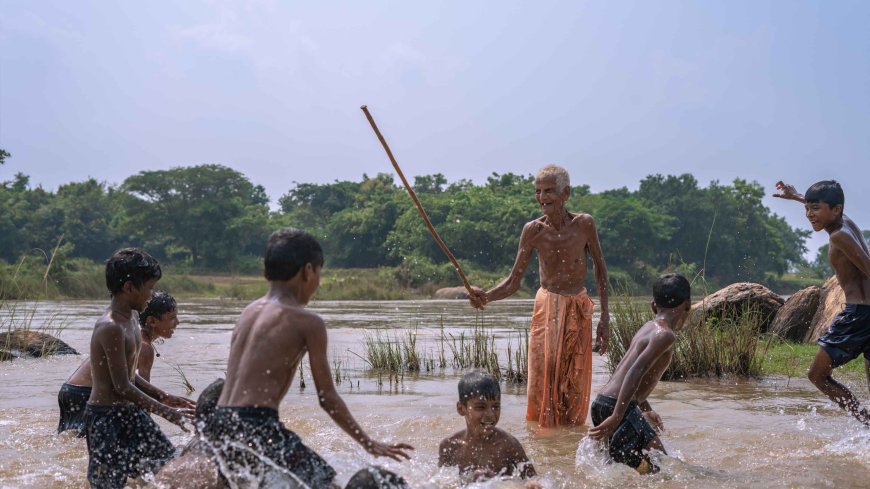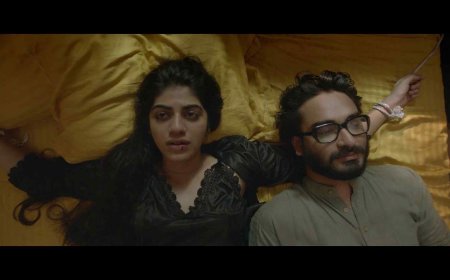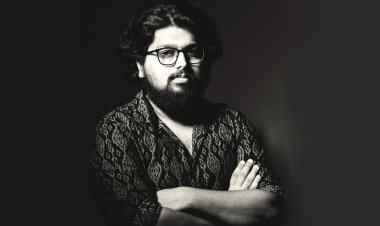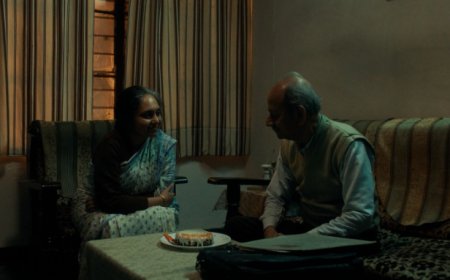NANDA MASTER’NKA CHATASALI A FEATURE-LENGTH DOCUMENTARY FROM ODISHAA
Dr. Shoma A Chatterji provides an interview-based review on the full-length documentary film by PRANAB AICH screened in the NETFLIX section of the KIFF last year.
It is not easy to make a feature length, biographical documentary in the Odiya language. But this is a rare film. It charts the life and achievements of Nanda Master of Bartanda village, in Jajpur District Sukinda Block, Odisha. Few would have even heard of this genuine old man who, for 75 years beginning at age 28, began teaching impoverished children in the villages within the district.
Had Pranab Aich, an award-winning photographer, not decided to make this film, the world would have not known about this old man who was bestowed the Padmashri for his social service by the President of India at the age of 103 a few months before he disappeared into eternity. Prusty was known throughout the state of Odisha for operating the last of the open air schools called Chatasalli across the district where he lived for years together. His were probably the last of the traditional open air schools called Chatasali. He mostly taught children who were from poor families and he never charged any fee for his tuitions.
Director Pranab Aich over the 133-minute span of the film, narrates in actual locations the story of his wise old man. Prusty is said to have taught more than 10,000 villages as he lived to a very old age minus any kind of fees, publicity or promotions and taught in the open air as he himself lived in a hut and had no space or means to build pakka school houses. These ‘open-air’ classes are known as Chatasali.
Asked what inspired him to choose such an unusual subject for your film, Aich says, “After winning in Cannes, I left A residential programme offered to me by France, I left Delhi and Mumbai in pursuit of coming back to my native village, I always want to give back to the roots and have always been concerned about our mainstream cinema's inability to represent our villages in their stories, esp. The Odisha narrative in the world has been almost negligible. I have been seeking to shoot a honest village based story as my debut feature, God willing my my producer Abhaya Pati came to me with this idea of making a film on the life of a 104 year old man giving free education for 70years, when I visited the village and met Nanda Sir, I immediately said yes.”
It took the team two-and-a-half years to make the film, followed the main character for one-and-a-half year to shoot the present story and then filmed the past life with actors.
“I shot all the real characters more than 90% in their natural behaviour with few inputs, while working with past life we used local people who are non actors, I give them minimal brief and situations rather than giving them fixed dialogues, as I am fond of French filmmaker Robert Bresson's work.
Also, being a documentary film maker photographer for more than 15 years now, I wanted to be as real as possible rather than dramatising scenes and getting away from reality,” Pranab Aich elaborates. The film was part of the NETPAC batch of competitive films at the Kolkata International Film Festival held in December 2023 but it did not win any award. The music is mainly local and does not intrude into the narrative but rather, enhances it. The only problem is its running footage of 133 minutes which is just too long for a documentary, never mind the originality of the subject matter.
“Odisha, known for its folk tradition and highest tribal diversity, was poverty stricken due to regular famine and cyclones, one of the most neglected places on earth until 2010. The story of the film is set in Jajpur, Odisha, an- era of excessive struggle transiting into modern ways of life influenced by technology. This would be probably the first feature documentary hybrid from this part of the world attempting to reach out globally,” explains Aich.
Aich sums up his satisfaction, saying, “ I am happy with my film, in the way we worked staying in the village in a tough set up like real indie filmmakers and ensuring to make a film which has been able to narrate Nanda Prusty life as a documentary biopic. We are working on a smaller cut and then start resending to some major festivals which have shown interest in our film when we met their programmers in NFDC film bazaar and contacted them through mail.
The film captures his struggles to sustain the roofless school against all odds and his efforts to remain a silent purist after the Padmashri added to the greatness of his selfless work for the good of the local people – poor, uneducated and their kids. The film shows him teaching a group of small boys and girls the values of a good life like honesty and so on. Education, spirituality, Vedic astrology, folk theatre and poverty are some of the major issues that have been touched through this film.
This feature-length biographical documentary does not limit itself within the borders of a documentary. It holds a mirror to an entire society steeped in ‘change’ through education all effected by a single man – Nanda Master Prusty. He was operating one of India’s last traditional open-air schools, Chatasali.
Spanning a period of over 90 years, the believe-it-or-not story is placed in remote regions of Odisha which explores with this very old but dedicated man who says in the film, “everyone here was uneducated. When I educated myself, I decided that I would educate the others as well.” An elderly man smiles into the camera and says that Prusty has taught three generations of his family beginning with him followed by his son and grandson.
Pranab Aich is a winner of WPA Cannes 2009, making documentaries on social issues for more than 12years with more than 40 film festival recognitions in my bag. I run a small production house called Studiowaala. In 2013, he made a 25min film called City's Step child on urban poor children of four major Indian Cities narrating their struggle and aspirations. Since he could not manage sound design funds for the entire film, he decided to cut the most powerful story into a 6-min film and sent it to festivals in 2016. It was part of Micro Salon BJIFF China 2016, Docu TIFF Albania 2016(Academy Qualifying), Bradford UK, LBIFF-USA, Winner EKOTOP Bratislava, Special Screening at Climate Chance-Nantes,etc. It was screened in more than 30 film festivals and won 8 awards.
He next made Manayun My Wonderland, a 13-minute documentary on the journey of a young village teacher in remote India, who takes up the challenge to bring tribal children of the Kutia Kondh to School. Chatasali is his first full-length film which is a documentary.
This is a film that ought to have been made as it sheds light not only on the dedication of a single individual for more than 75 years but it also spells out how a backward area can be uplifted through education even in an area which does not have proper buildings or classrooms and classes are held in the open under the shade of a tree with a blackboard as the medium. What a story!!!
*****
What's Your Reaction?





















































